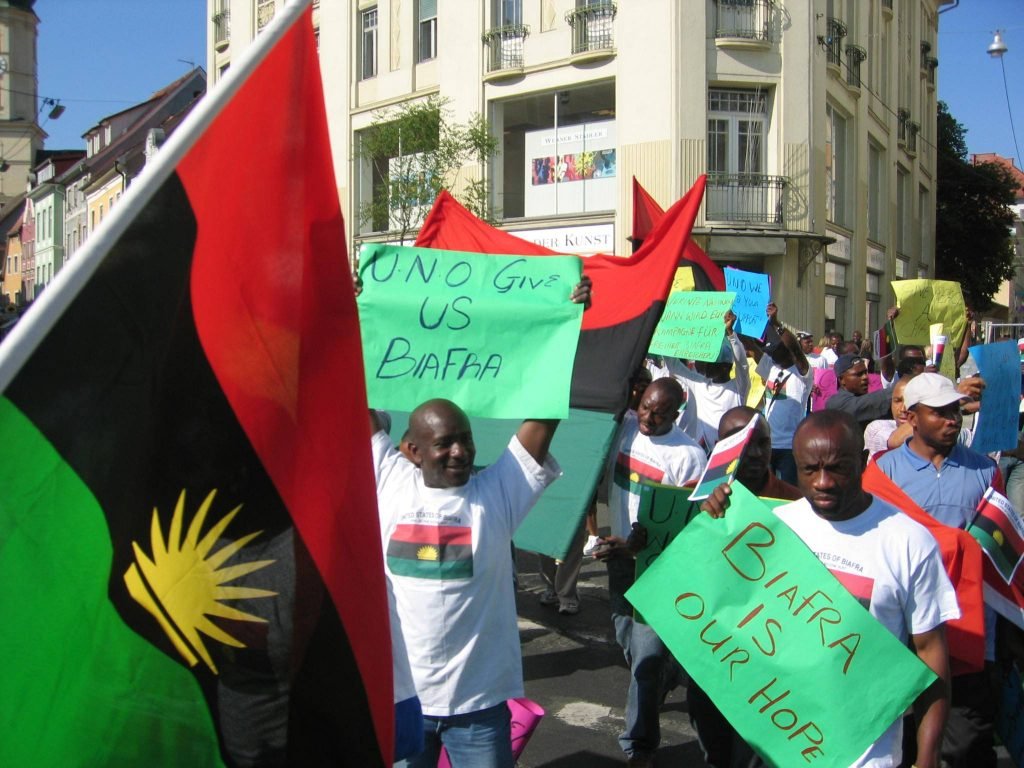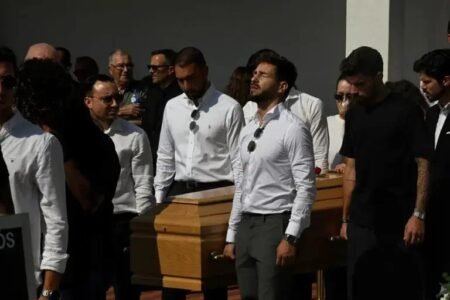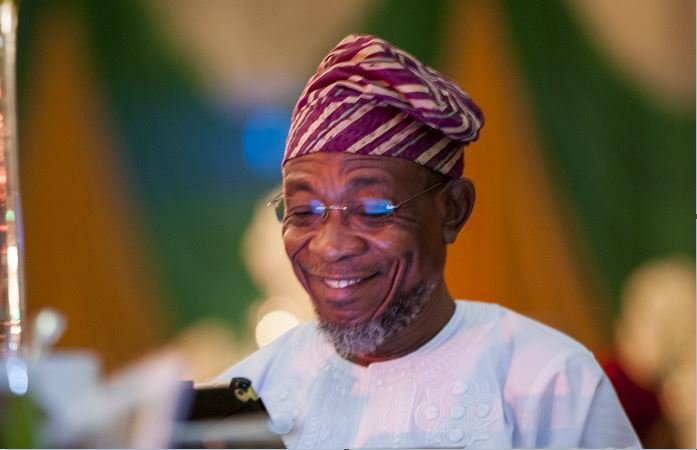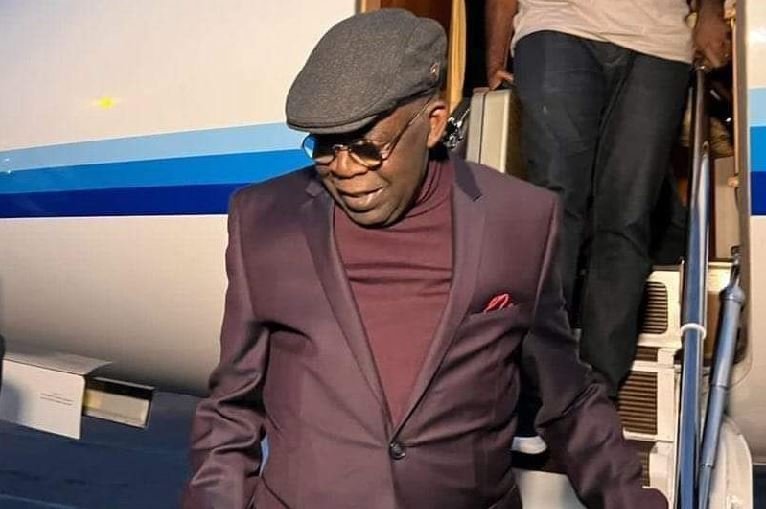Nigerians are remembering victims of the Nigerian Civil War, also known as the Biafran War which was fought between the Nigerian government and secessionist state of Biafra.
The war which began on 6 July 1967 ended on 15 January 1970 leading to the deaths of thousands including women and children who died from starvation.
Remembering victims of the war, many Nigerians took to social media to share their experience and mourn those who were killed in the war.
Nigerian musician and producer, Charles Oputa popularly known as Charly Boy wrote in a Facebook post, “Today, I remember the victims of the Biafran War 1967-1970. Today we dedicate this day to the millions of people that lost their lives during the Biafran war.
“It has been said, ‘time heals all wounds.’ I do not agree. The wounds remain. In time, the mind, protecting its sanity, covers them with scar tissue and the pain lessens. But it is never gone. To live in hearts we leave behind is not to die. RIP,” he said.
On Twitter, Oluchi wrote, “To all those who came to our aid, help get word out at the expense of their lives, risked it all to get relief materials in. We are eternally grateful, it’s because of you that we are here today. #WeWillNeverForget.
Wikipedia reports that Biafra represented nationalist aspirations of the Biafran people, whose leadership felt they could no longer coexist with the Northern-dominated federal government.
READ: Osinbajo thanks Saraki for not taking advantage of power vacuum
The conflict resulted from political, economic, ethnic, cultural and religious tensions which preceded Britain’s formal decolonization of Nigeria from 1960 to 1963.
Immediate causes of the war in 1966 included ethno-religious riots in Northern Nigeria, a military coup, a counter-coup and persecution of Igbo living in Northern Nigeria. Control over the lucrative oil production in the Niger Delta played a vital strategic role.
Within a year, the Federal Government troops surrounded Biafra, capturing coastal oil facilities and the city of Port Harcourt.
The blockade imposed during the ensuing stalemate led to mass starvation. During the two and half years of the war, there were about 100,000 overall military casualties, while between 500,000 and 2 million Biafran civilians died of starvation.
In mid-1968, images of malnourished and starving Biafran children saturated the mass media of Western countries.
The plight of the starving Biafrans became a cause célèbre in foreign countries, enabling a significant rise in the funding and prominence of international non-governmental organisations (NGOs).
The United Kingdom and the Soviet Union were the main supporters of the Nigerian government, while France, Israel and some other countries supported Biafra.
Today is Biafra Heroes Remembrance Day.
Today we remember all who gave their life for a people and a country that could have been.
To all the Military officers, Police, Child soldiers and civilians who died, we remember and say “Rest in Peace”.#BiafraHeroesDay2019#Ozoemena pic.twitter.com/TqPQTBhSyB
— Ikenna Ronald Nzimora (@ronaldnzimora) May 30, 2019
Lynn Garrison:
He was a Biafran War Heroic Pilot who flew most of the toughest missions to neutralize the Nigerian Navy.
With regard to flying, Garrison is known for his often repeated comment, “If it has fuel and noise, I can fly it.”#BiafraHeroesDay2019 #Ozoemena pic.twitter.com/DxoEqHrqAX
— Ikenna Ronald Nzimora (@ronaldnzimora) May 30, 2019
For the little ones as at then that lived through it, could not comprehend what was happening, cried as the shells exploded, suffered from starvation and lost lives and families, you all are heroes too. And we say #Ozoemena #BiafraHeroesDay2019 pic.twitter.com/K8oL5QbNLH
— Ijele ji ọdụ Agụ (@el_shinkafi) May 30, 2019











